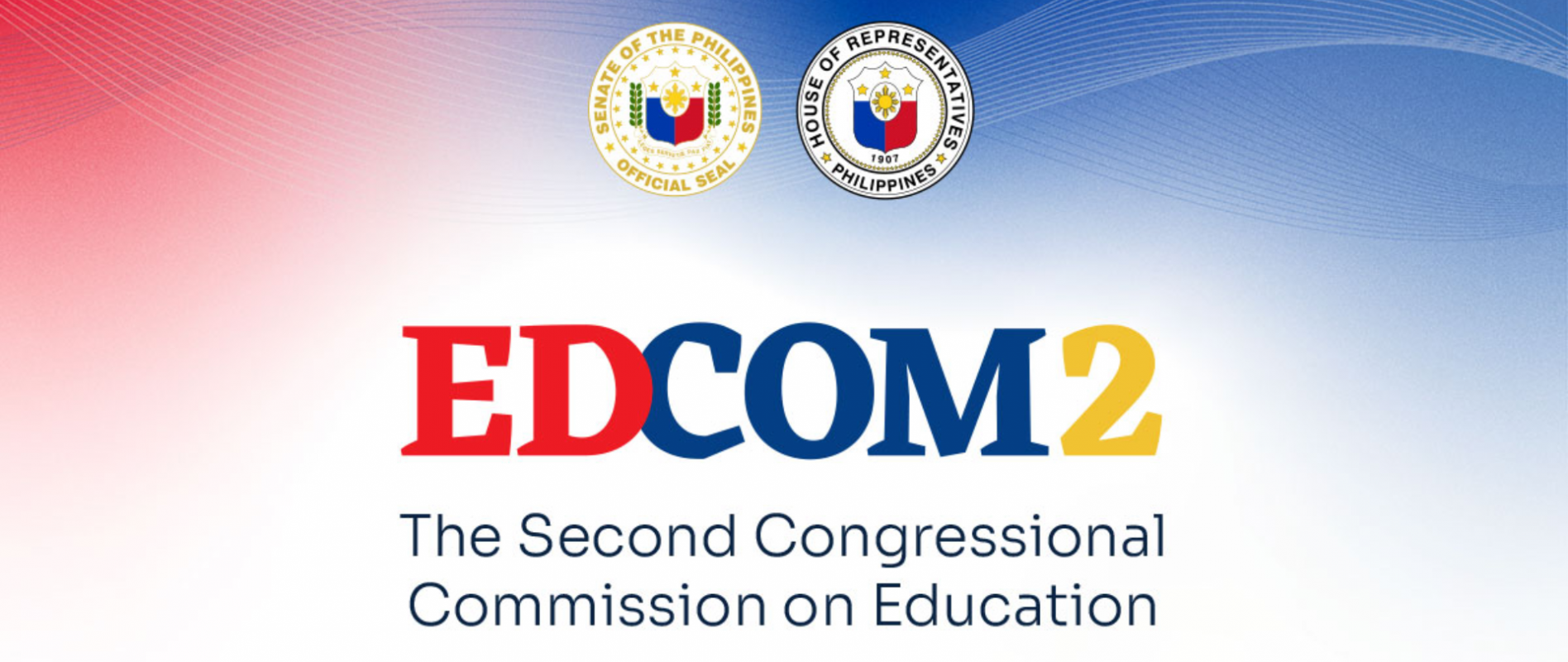EBET ACT WILL BOOST JOB READINESS
SENATOR Sherwin Gatchalian hailed the signing of the Enterprise-Based Education and Training (EBET) Framework Act, a landmark law that he says will boost the job readiness of technical-vocational education and training (TVET) graduates.
The law, which Gatchalian co-authored, institutionalizes the EBET framework, which refers to tech-voc training delivered by private enterprises, including individuals, partnerships, corporations, or entities.
The law also seeks to strengthen, rationalize, and harmonize programs such as apprenticeships, learnerships, and the dual training system under a competency-based, industry-driven EBET framework.
“By strengthening and expanding enterprise-based training, we can improve the skills and employability of our people. This is a significant step in addressing the jobs-skills mismatch faced by our TVET graduates,” said Gatchalian.
The Second Congressional Commission on Education (EDCOM II) noted that despite their effectiveness in providing skills and ensuring superior labor market outcomes, enterprise-based training and apprenticeship programs remain the least popular modality in TVET.
The Technical Education and Skills Development Authority (TESDA) had initially targeted increasing the share of enterprise-based training from 4% in 2016 to 40% by 2022. However, in 2022, enterprise-based trainees accounted for only 9% of total TVET enrollment.
An Asian Development Bank (ADB) study on TVET highlighted that, because some skills may become obsolete due to rapid technological change, enterprise-based training offers a competitive edge as it is closely aligned with evolving workplace needs.
Under the new law, sectors with recognized industry boards are tasked with developing and recommending EBET programs for their respective industries, which TESDA must approve within 30 days of submission.
Gatchalian also emphasized that the law mandates enterprises to ensure the safety and security of trainees in compliance with the Safe Spaces Act.














